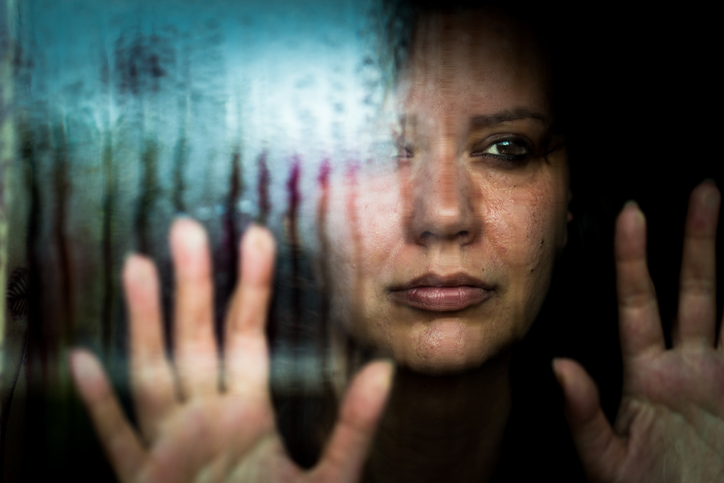The number of women experiencing an escalation in physical or sexual violence and feeling too unsafe to leave their partner during the pandemic has increased, new data from the Australian Institute of Criminology has found.
The AIC surveyed 15,000 women in May, using an online panel methodology and asked them about their experiences in the early part of COVID-19.
The data revealed 65% of the women surveyed had experienced violence by their partner for the first time or had felt an escalation in the severity of the violence.
More than one-third of women said they had wanted to seek help but didn’t, out of concern for their safety.
That number grew to more than half for women who had experienced both physical and non-physical forms of violence.
Domestic Violence Crisis Services (DVCS) Canberra director of client services, Dearne Weaver, said COVID-19 impacted their clients in different ways, but some reported an increase in the severity and frequency of violence.
Ms Weaver said DVCS had seen an increase in drug and alcohol use, financial pressures, and homelessness.
“We’ve also seen an increase in parenting issues given home-schooling, lack of childcare, isolation and job losses, which was particularly problematic for parents who were already experiencing conflict,” Ms Weaver said.
Demand at DVCS is similar now to the beginning of the pandemic, however they have seen significant peaks and troughs throughout that time, including a 30% increase in mid-June before a levelling out in July.
In addition, the way the service communicates with their clients has experienced a significant change.
Ms Weaver said they consistently communicated with their clients by email, online chat and SMS.
“This is most likely because people have been staying at home with the person who uses violence and they find it difficult to communicate with us via telephone,” she said.
“From April to June we experienced a large increase in the number of clients contacting us anonymously.
“Usually clients who wish to remain anonymous are contacting us for the first time or still working out what they want to do and attempting to find out information before making decisions.”
Many women reported COVID as a safety barrier to leaving the relationship, however, the point from which a woman decides to leave through to any necessary court proceedings was already the most dangerous time for women.
Ms Weaver advises people who want to leave a violent and or controlling relationship to help build a safety plan so they can leave as safely as possible.
“A safety plan is not a static document, rather an ever-evolving plan which will be very different from person to person. For example, some people might engage family and friends, others might keep their situation from family and friends.
“Some might choose to call us; others might call police.”
Ms Weaver said the DVCS also worked with people who wanted to stay in the relationship and helped support them to be as safe as possible in that relationship.
“If you are in a relationship where you have concerns, or even unsure about what you are experiencing, we encourage people to reach out to us [DVCS] to chat further about how we can support them. We provide crisis intervention, legal advocacy, safety planning, access to emergency accommodation, support groups and case management, awareness, education, and training,” she said.
“We can be contacted on 62 800 900 (24/7), via email to [email protected], via SMS to 0421 268 492, via our website or online chat at www.dvcs.org.au.
If you or someone you know needs help addressing violent urges, you can call the Men’s Referral Service (1300 766 491).
Or Room4Change services can be contacted 24/7 crisis telephone line 02 6280 0900 or email [email protected]



